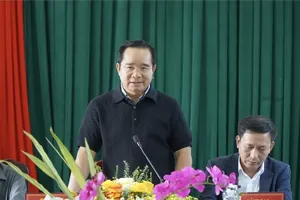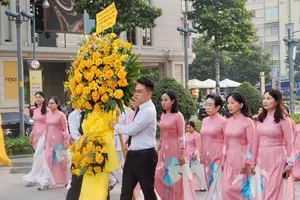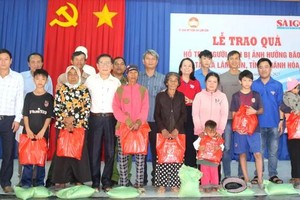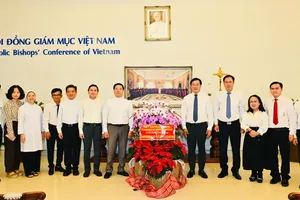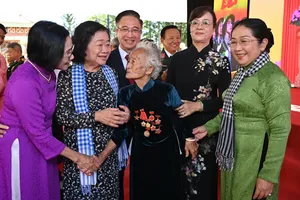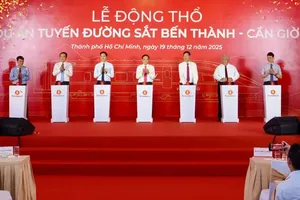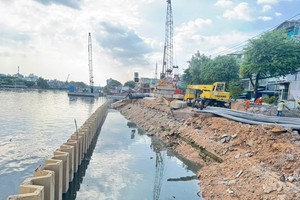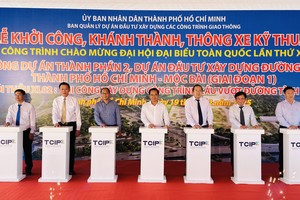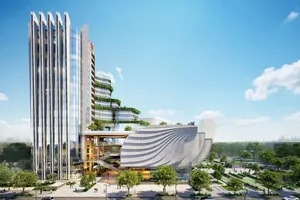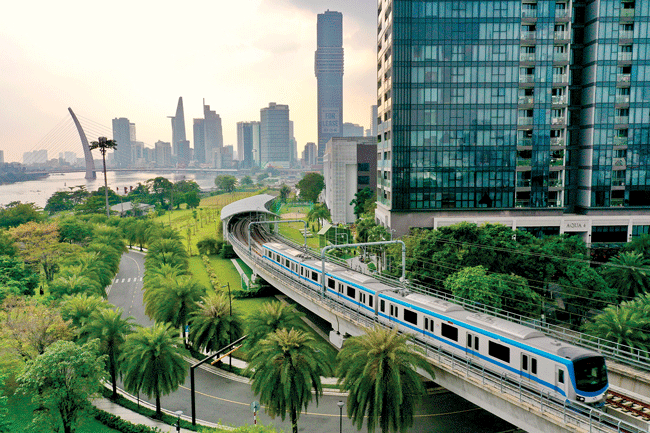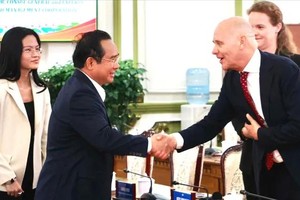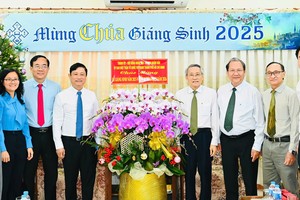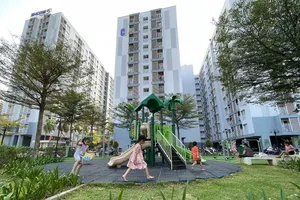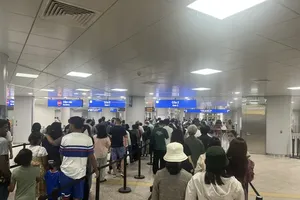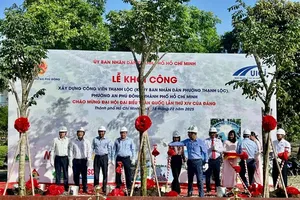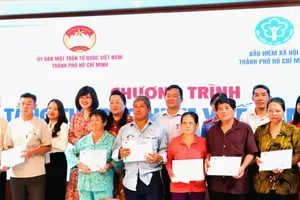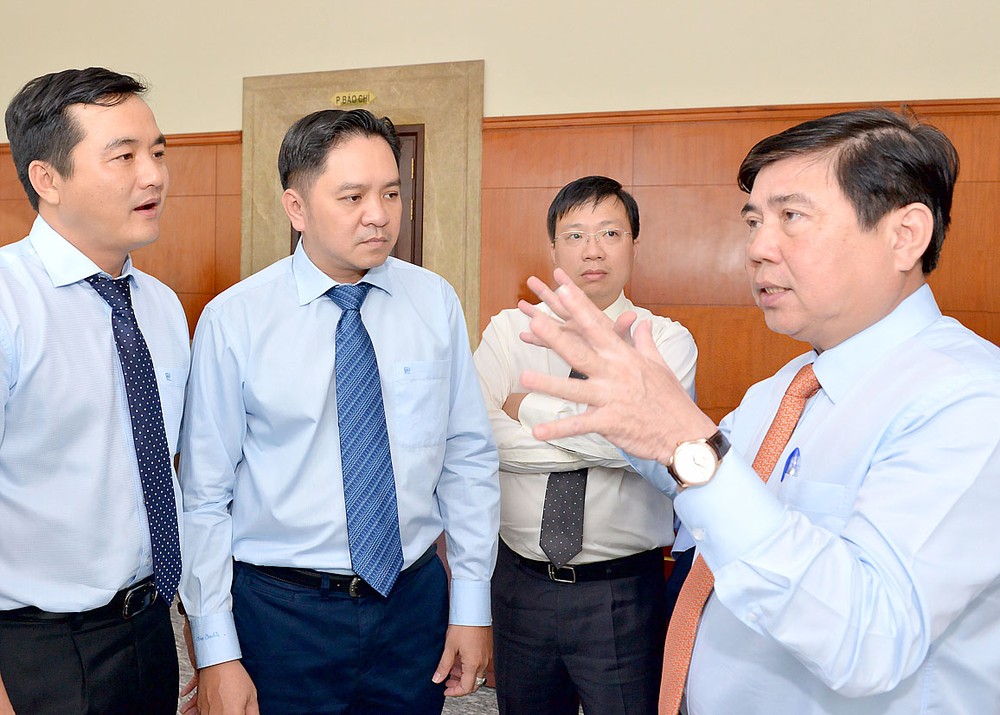
Speaking at the 10th conference of the 10th Party Committee wrapping up yesterday, he added that over 40 percent of 300,000 businesses established recently come from the real estate sector.
Building development investment policy should pay attention to the sustainability in developing industries and expanding business size.
During the last six months, four key economic industries comprising trade and services obtained the growth rate of only 10 percent. The low growth rate together with a decline in other industries has affected budget revenue reaching over 47 percent of this year’s estimates so far. That leaves a strong pressure on budget revenue for the remaining months.
The crux of the problem here is capital for development investment as the state budget can meet only 30 percent of demand. The remaining funds must be mobilized from other social sources and foreign investment attraction.
HCMC needs over VND320 trillion (US$14.07 billion) to implement seven breakthrough programs in the resolution of the 10th Party Committee. Still the city has been affordable for half of the number and unknown where it can take the remaining amount, said Mr. Phong.
Secretary of the city Party Committee Nguyen Thien Nhan said that investment capital is a pressing issue of the city.
Because of limited capital, the city must balance investment among fields, estimate more clearly than before capital demand and structure in each field as well as capital mobilization methods.
He suggested paying special heed to raising funds from public private partnership (PPP) model, prompting the city People’s Committee to organize conferences on capital for the city in the next three years in line with the 12th Central Party Committee’s Resolution 5 on non-state economic development.
Foreign investment to the city for the last six months reached US$2.3 billion, of which 66 percent was spent on share purchase. Foreign direct investment dropped. Mr. Nhan said that was a new trend not seen before.
He required authorized agencies to analyze and clarify which fields foreign investors have bought shares to have suitable policies to promote and direct foreign investment in the city.
Mr. Nhan suggested paying more attention to startup businesses set up by the youth. For the last six months, there were 439 startup projects. In addition the startup acceleration program received 76 projects.
The city leader said that was a good signal. In the upcoming time, he called on the city People’s Committee, the city committee of the Ho Chi Minh Communist Union and agencies to work together and further assist startup activities.
About missions in the rest six months, he proposed party and government organizations to focus on implementing “one door” mechanism in licensing investment and business registration certificates, boost administrative reform and estimate residents’ satisfaction.
In addition, he prompted increasing mid-term budget spending and social resource mobilization for city development purposes, speeding up key traffic works and tackling flooding, traffic jam, riverside landslide and other welfare problems.
At the conference, director of the Department of Industry and Trade Pham Thanh Kien said that although the city has implemented many measures to develop support industry but efficiency has not been high. So more specific policies should be issued to raise competitiveness for the support industry.
He proposed to draw clearer priority polices and create more advantageous conditions for businesses to attend in currently weak industries comprising support industry.
